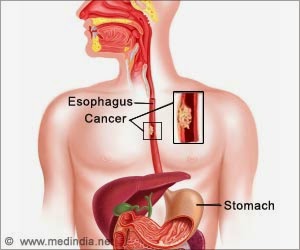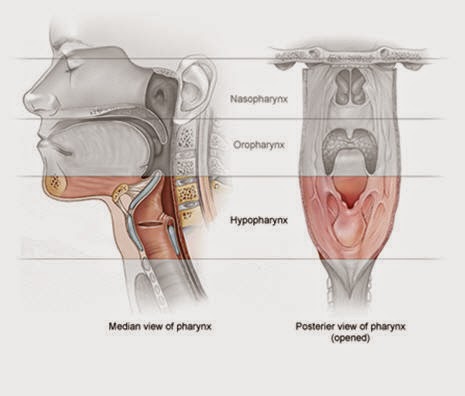Signing a no-smoking contract will allow you to further the mental change that you will be making when you decide to quit smoking. The first thing that it will allow is a way of showing your motivation to kicking the habit of smoking. The next thing that it will allow is for you to remind yourself of the commitment that you are making and sticking to by quitting smoking. By having a physical no-smoking contract available to you, you are allowing yourself to be accountable to stop your habit as well as giving yourself a physical form of remind yourself of the intentions you have to quit smoking.
Your contract will first allow you to be able to be accountable for the day that you decide to quit smoking on. Once you decide the day that you decide to quit smoking, you should make your contract, starting out with the specified date. It is important to keep this as the main commitment to yourself so that you can carry out with your plan.
The contract can then hold several things in order to help keep you motivated and committed to the process. Most contracts that are written include all of the details of what you are signing. Because of this, your no-smoking contract should be detailed and comprehensive. The first thing to include in your contract can be the reasons for you quitting. This may be for health reasons or because of relationships that are suffering because of your smoking habit.
The next thing to include in your contract is a list of those things that make you want to smoke, also known as triggers. This may include spaces that make you crave a cigarette, or certain emotions, such as stress, that lead you to smoke. By understanding these different trigger points and allowing yourself to commit to change them through the contract will help you carry out with your plan to quit smoking.
 |
| Have You Ever Sign a No-Smoking Contract? |
Another important part of your contract is outlining the different methods that you will be using to quit smoking. This includes changing your environment and diet, as well as the use of physicians, smoking support groups, knowledge and friends and family to help you break your bad habit. By knowing what positive aspects are changing from your desire to quit smoking, it will further motivate and commit you to leaving your smoking habit behind.
Many no-smoking contracts include rewards that you will receive by quitting your smoking habit. You can reward yourself in several ways, either by giving yourself smaller things at the end of each day, or by rewarding yourself with bigger things at the end of certain periods of time. You can also include the rewards that you will receive through your changing health and changes in relationships on your contract. By seeing what you will receive by carrying through the process of quitting your smoking habit, you will be able to commit easier to breaking your habit and staying with the contract.
The next step to take with your no-smoking contract is to have someone else sign it who will help you prepare and be accountable for you to stop smoking. Make sure that they know your plan and are willing to hold you responsible for quitting your habit. This will give you extra support in your efforts and plans to stop smoking. You may want to ask the person or people who sign the contract to help you in changing the trigger points as well as being included in the things such as the rewards. This can further motivate you to quit smoking.
Signing a no-smoking contract is one way of motivating you to stop smoking. It will allow you to outline the necessary steps and plans that you need to take to quit smoking. It will also give you a physical form to look at when you are going through the stages of withdrawal. By having a contract, you will be able to stay focused on your goal. This will allow you to have a consistent reminder and way to motivate yourself. By having a no-smoking contract, you will also be able to keep a positive attitude while going through the hardest stages of giving up smoking. Sticking to your plan to quit smoking is the key to successfully quitting. This can be done easier by making yourself accountable for the different parts to your plan.









